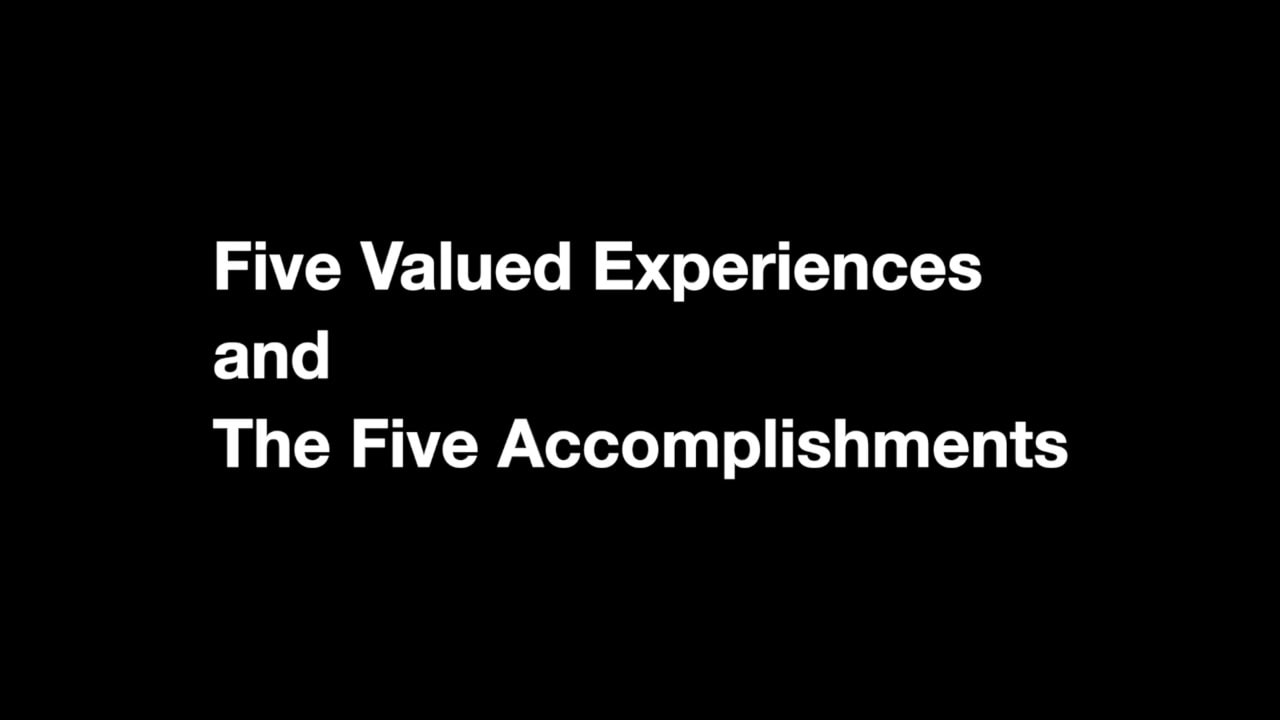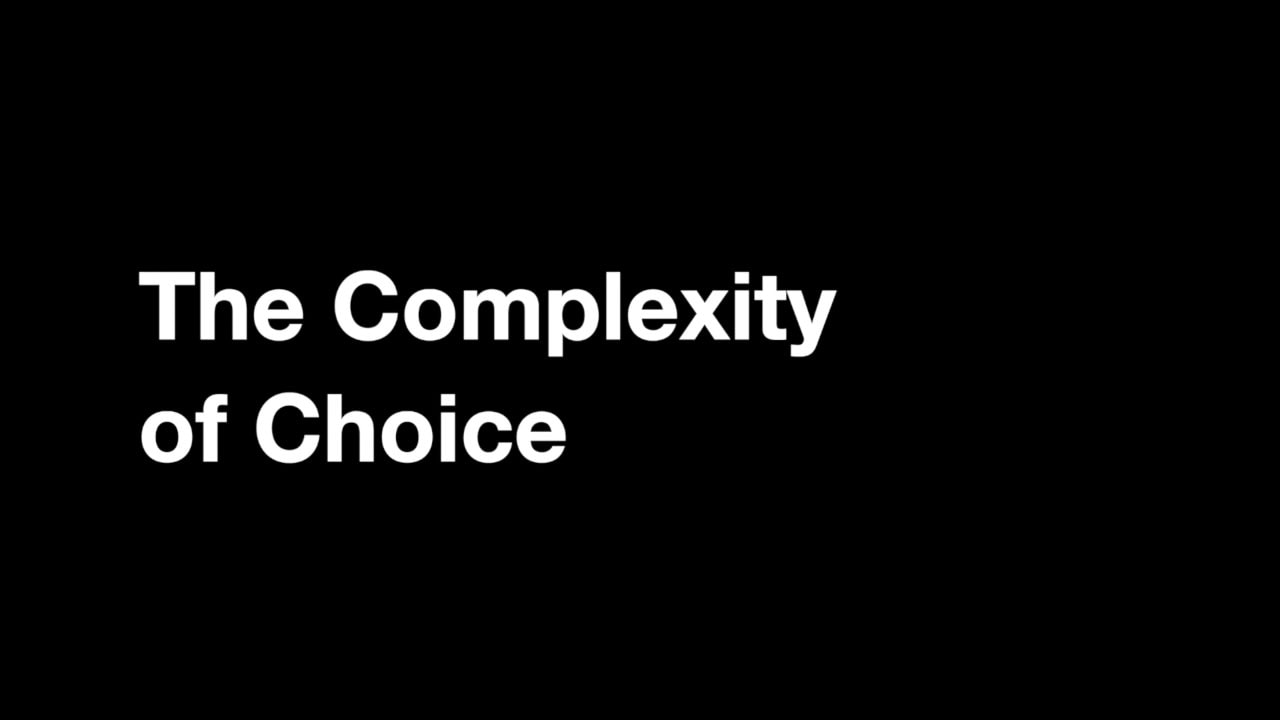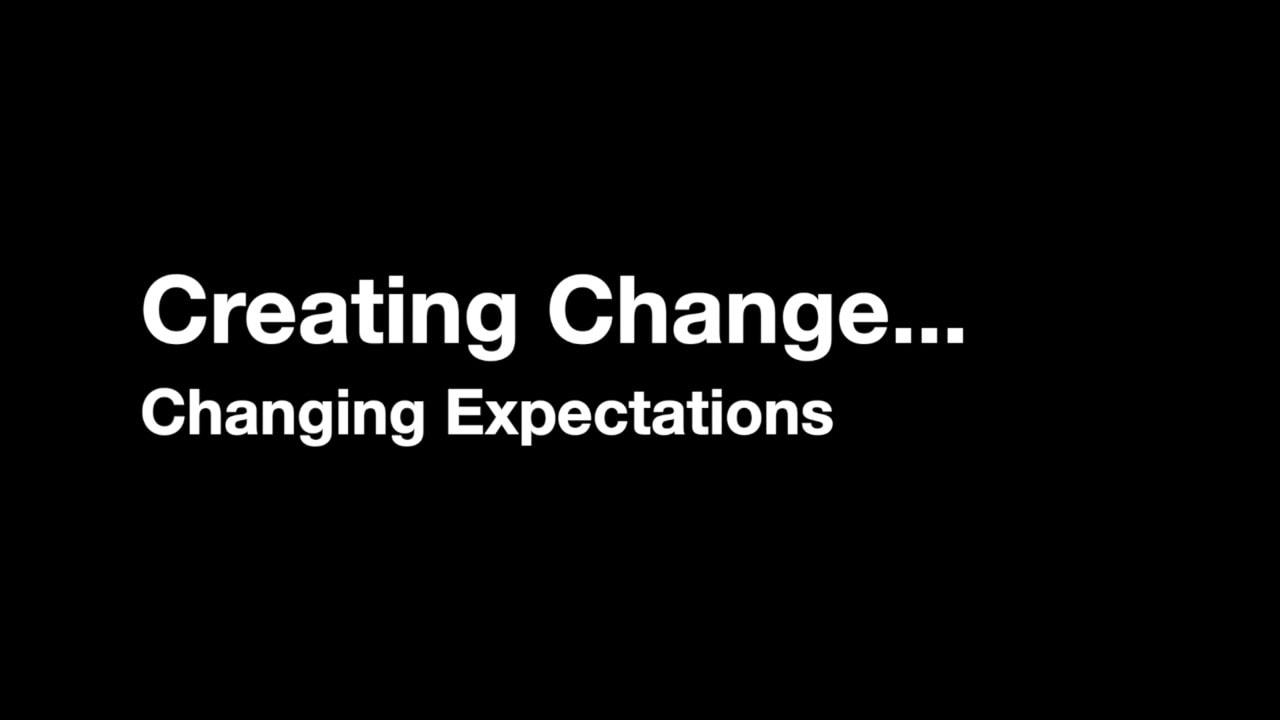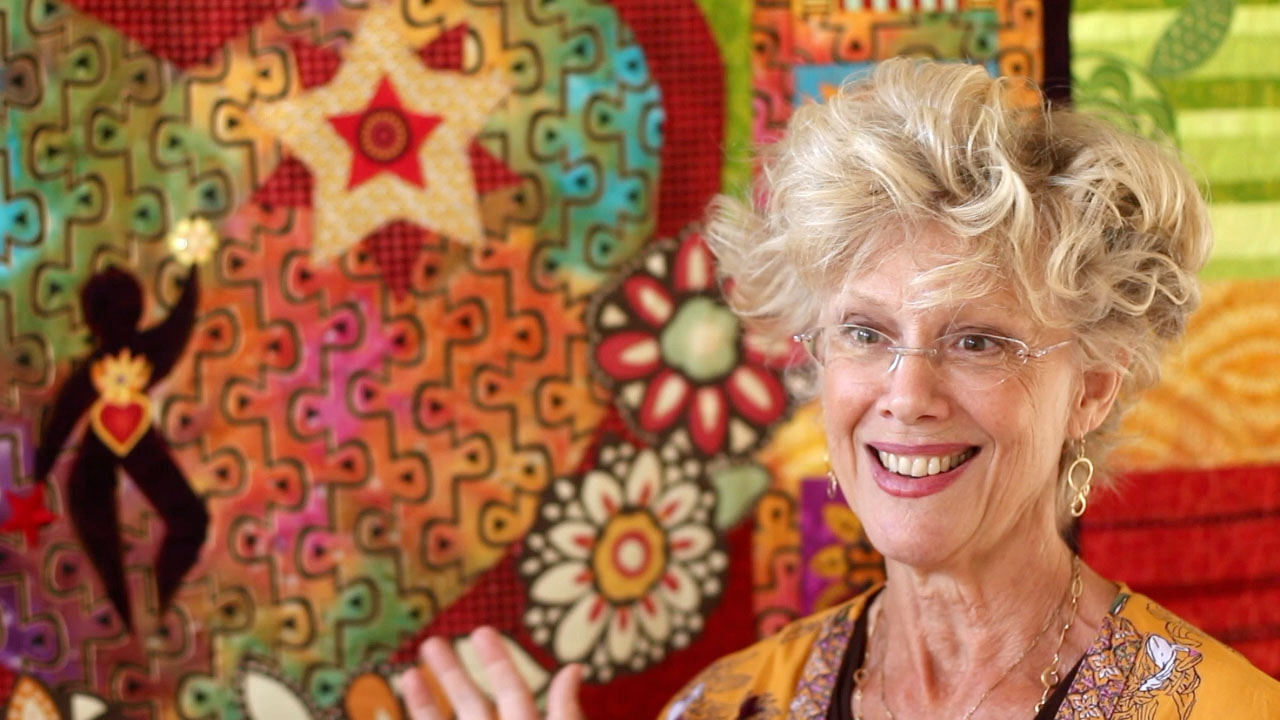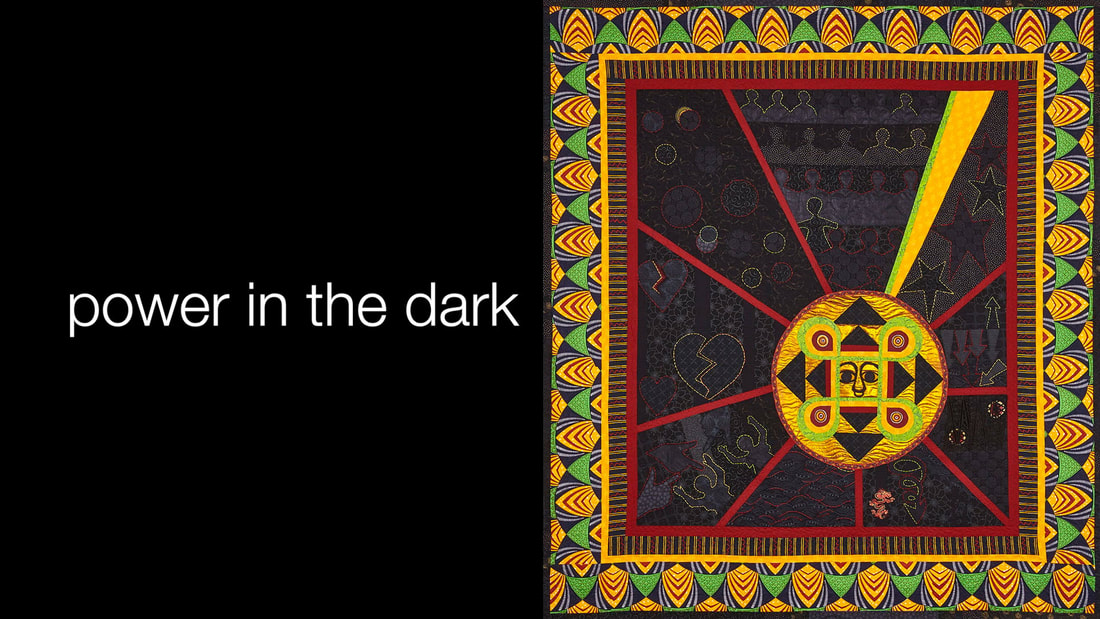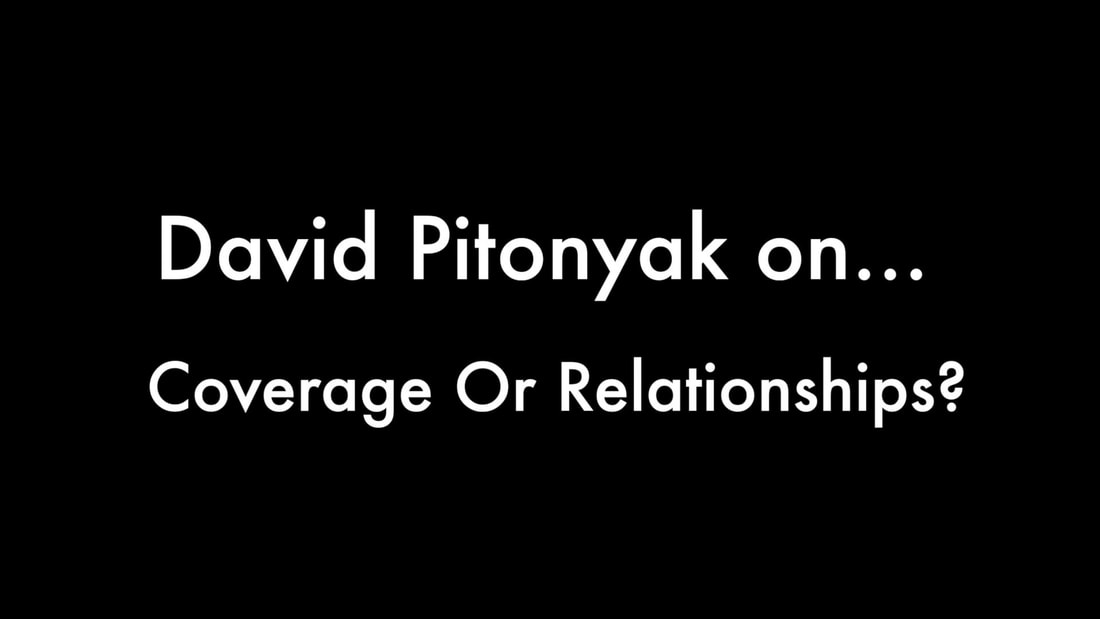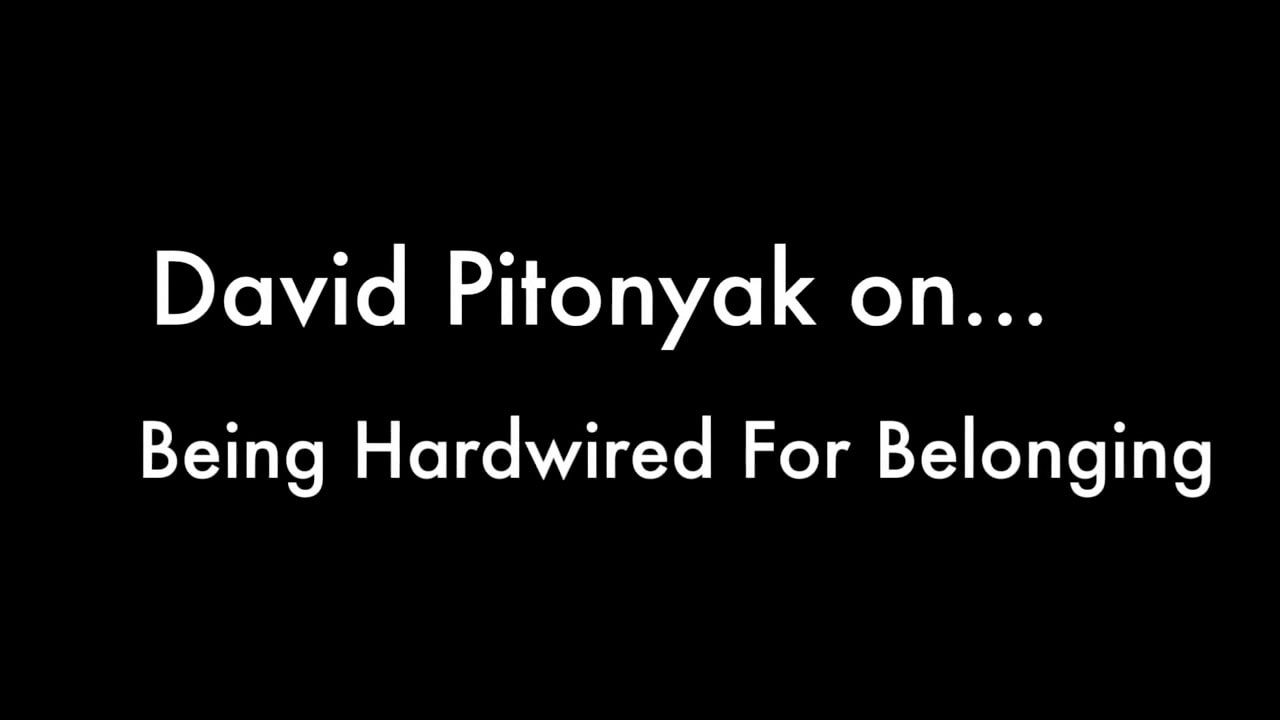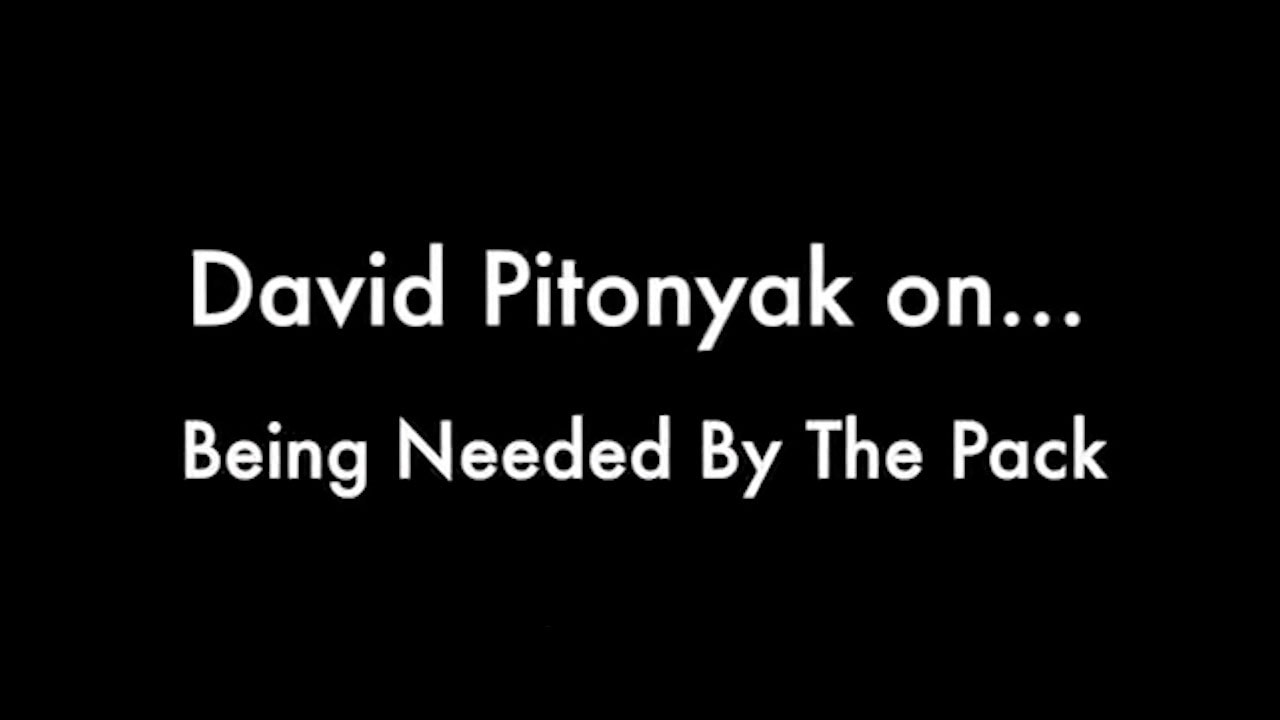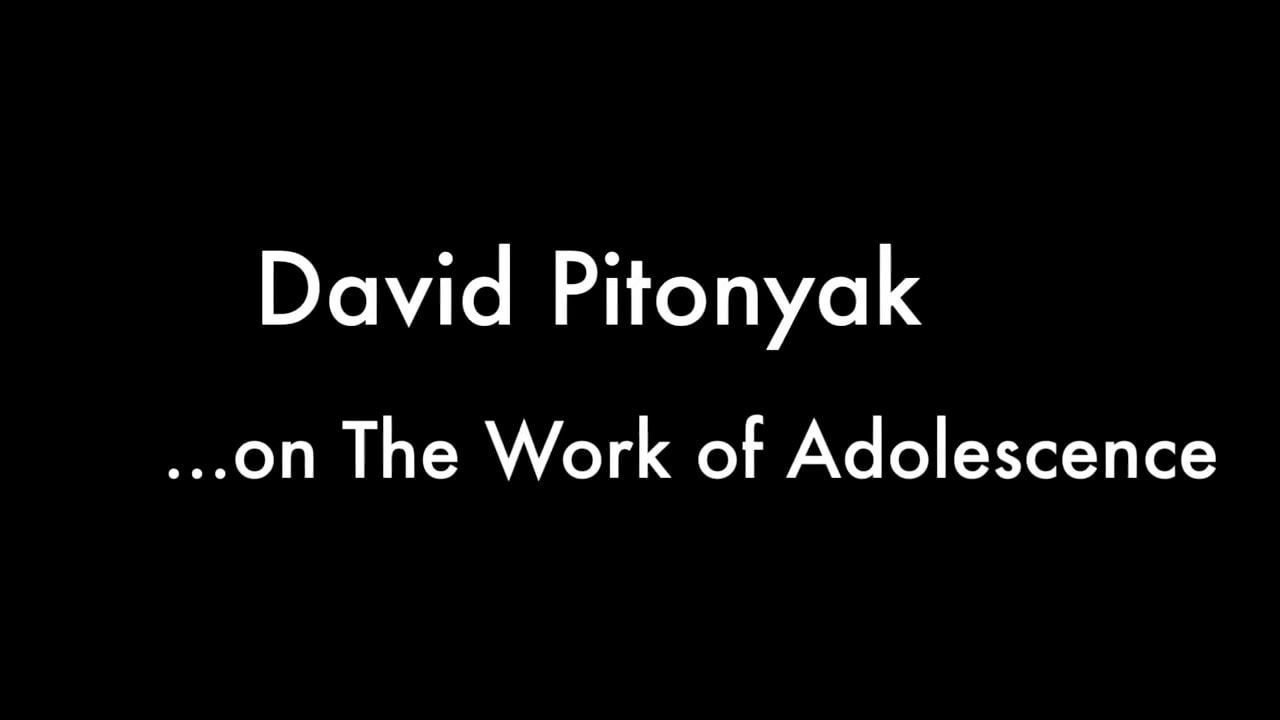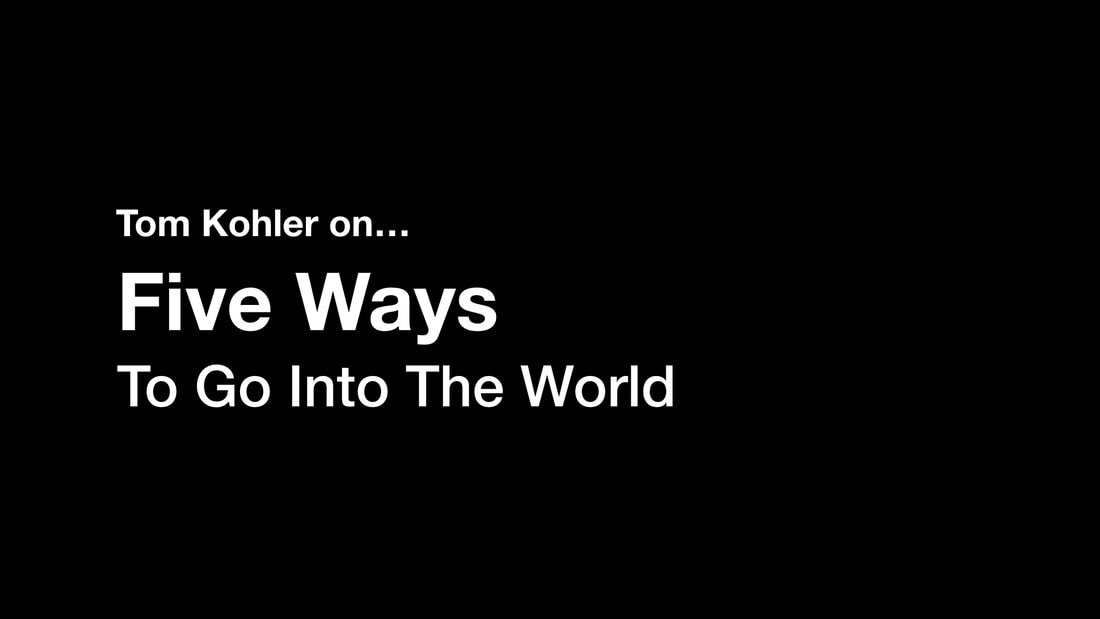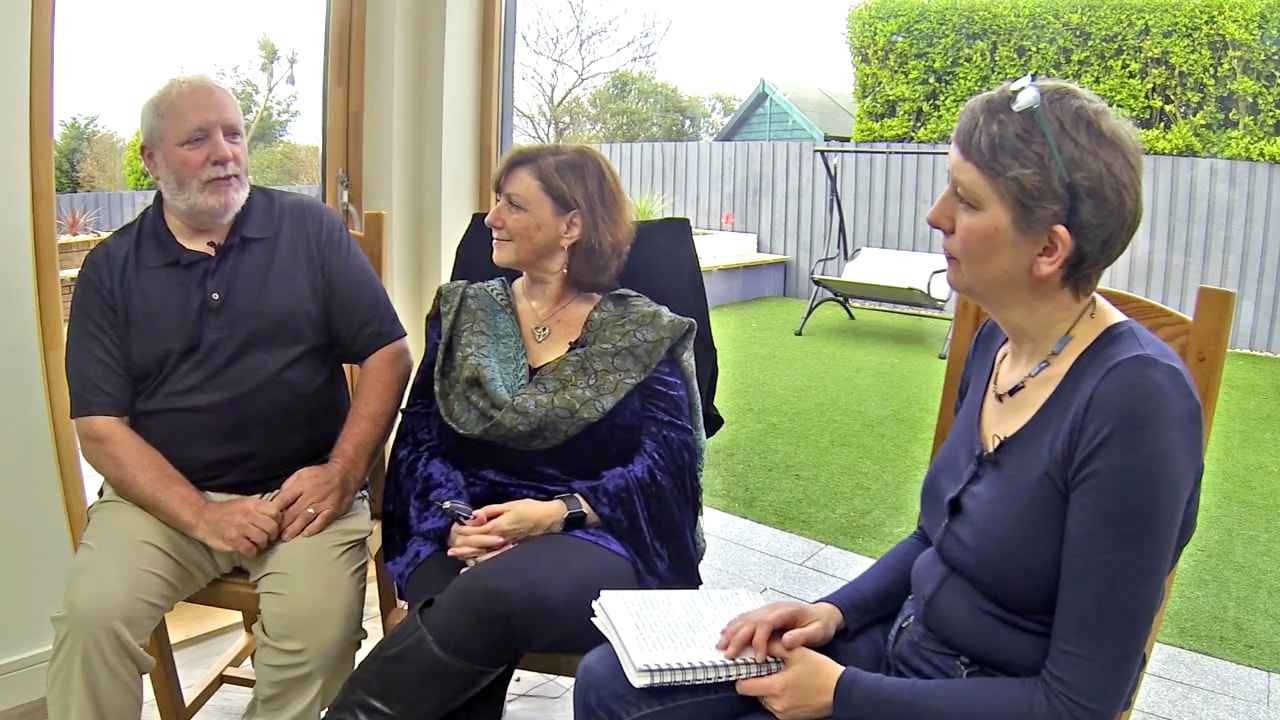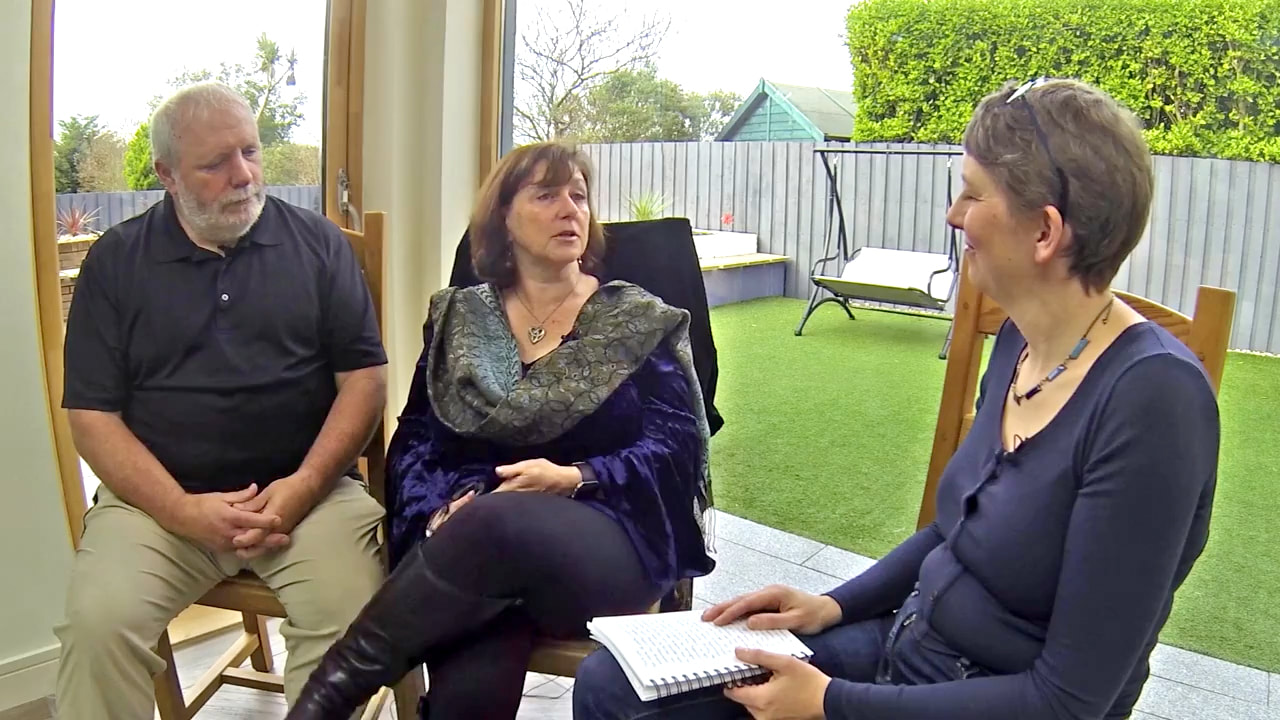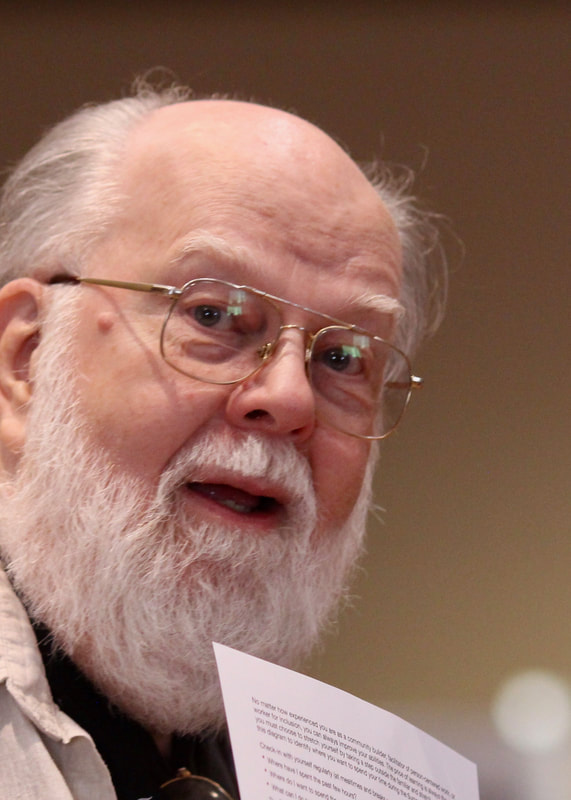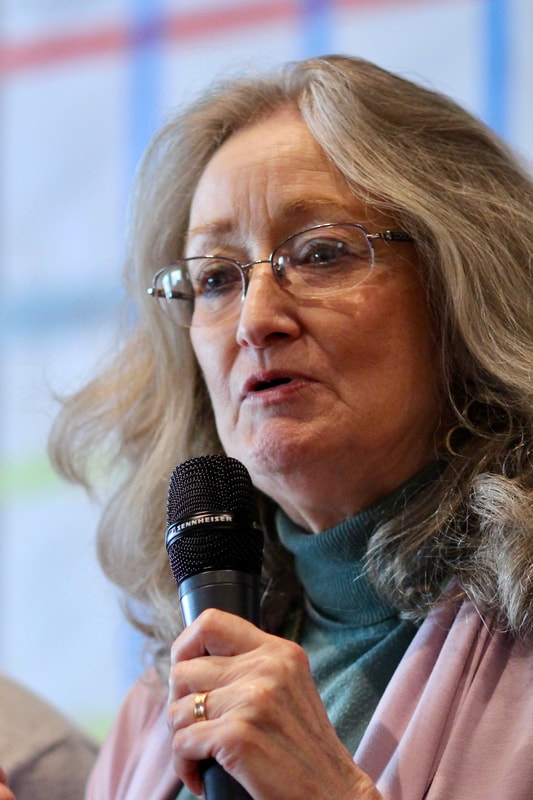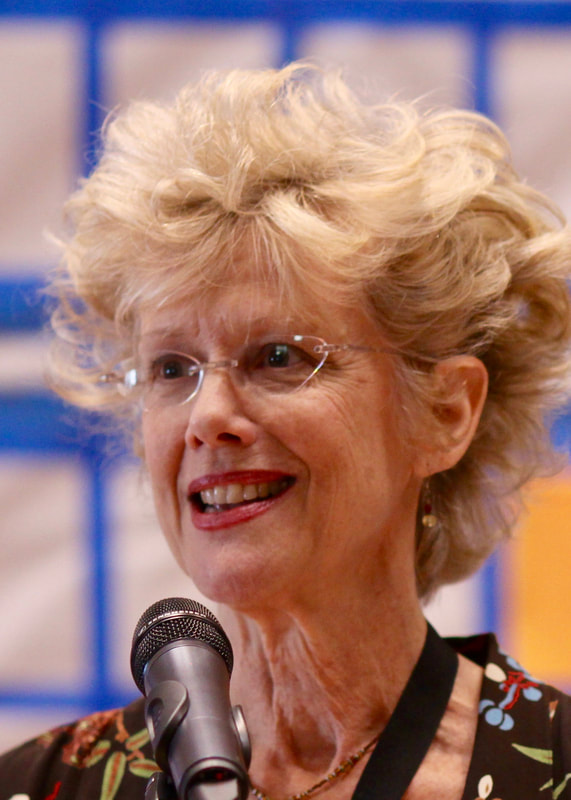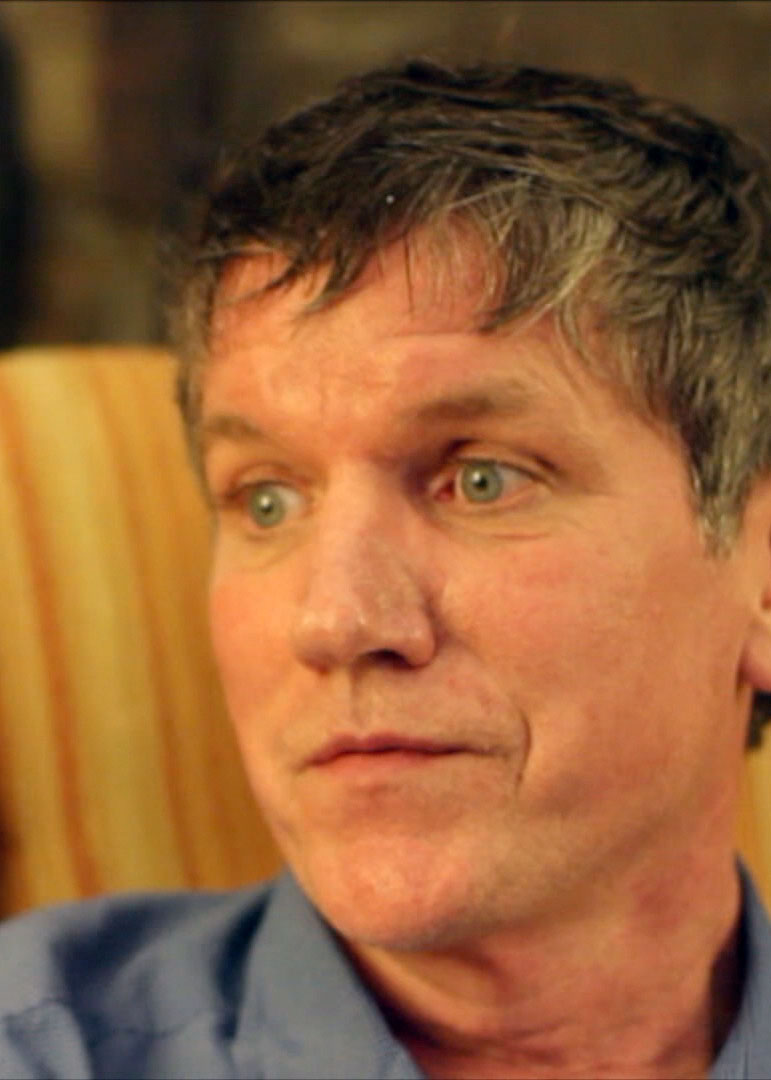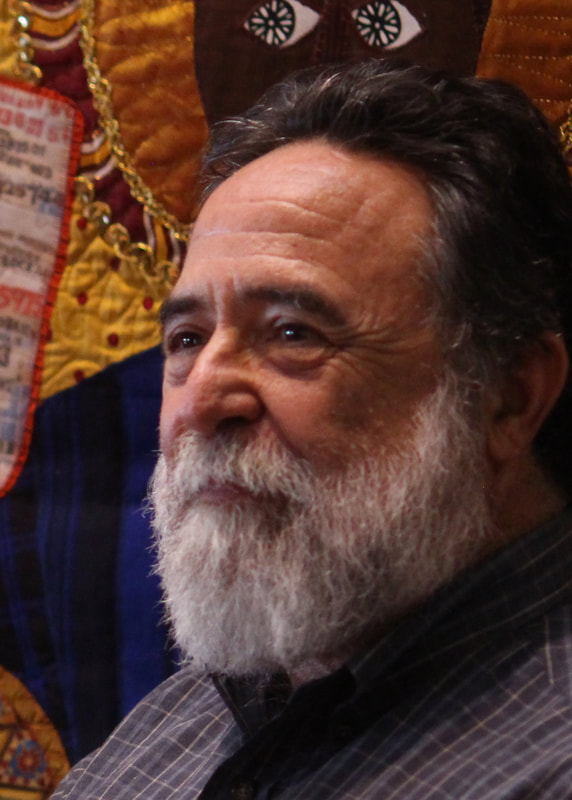Videos about... ideas that influence person centered work
The thinking, language, and practice of a "Person Centered" approach to supporting people with disabilities emerged in the 1970s, with the process of de-institutionalization. Forty years later, we face great challenges in our efforts to remain faithful to the intent and spirit of work that honors the citizenship of all, and builds a "beloved community" that works for everyone. The videos on this page call us to remember what is important.
Living Room Conversations Series... Patti Scott and Dave Hasbury gathered with John O'Brien, Connie Lyle O'Brien, Beth Mount, Jack Pearpoint, and Lynda Kahn, to reflect on influences, actions, and learnings, that have emerged through lifetimes of commitment to a just world that is built upon the contributions of ALL. This Living Room Conversation series captures some of these reflections.
The Story Quilts SeriesBeth Mount uses the artistic process as a metaphor for the design of a meaningful life and as a pragmatic tool for listening, visioning together, and mapping the present and the future. In this series of videos, Beth reflects on stories behind this art.
"David Pitonyak on..." seriesDavid Pitonyak reminds us all of the amazing capacity of the human brain and spirit. He has collected wisdom and knowledge through his consulting practice which is dedicated to supporting people who experience disabilities and exhibit, what some have called, "difficult behaviors." David says, "In my view, what's most needed when a person engages in difficult behaviors is imagination. The story-line that is floating around about the person is a major part of the problem. What's needed is a new story." Patti Scott and Dave Hasbury interviewed David at The Creek House at his home in Blacksburg VA.
Visionary Practice Series
|
influential voices
John O'Brien is a leading thinker who has written widely in the field of disability. He is a pioneer and lifelong advocate of Person Centred Planning. His values based approach emphasises learning with each person about the direction their lives could take, challenging and overcoming practices, structures and values that lead to segregation and underestimation rather than inclusion, and an approach to change in people's lives based on 'imagining better'. His thinking is based on Social Role Valorisation and the Social model of disability. He is an Associate Editor of Intellectual and Developmental Disabilities (formerly Mental Retardation), and was on the Advisory Boards of the Georgia Advocacy Office and Georgia PASS.
Connie was raised in the southern United States. She remembers a time growing up, before community services existed, when children with disabilities lived as one of the kids in her neighborhood. Connie has had a profound impact on the thinking, and person centered practices, of families, people with disabilities, and organizations that provide services. Through her research, writing, public speaking, and education workshops, she draws people in to focus on the gifts of people, and the need for relationships that uncover what people have to offer to each other, and the communities where they live.
For over four decades Beth has been devoted to the possibility that all people, particularly those with disabilities, are seen in the light of their capacities and potential. Beth's community works focus on many aspects of personal, neighborhood, organizational, and cultural change, so that the hopes expressed by people and their allies have some concrete impact on the structures of society. As a story quilt artist she stitches together symbols and patterns of the longings, joys, struggles, and beauty of thousands of people who are learning how to bring the gifts of every person to life and to create a more inclusive community by doing so.
Much of David's work involves meeting individuals who are said to exhibit “difficult behaviors.” Most of these individuals exhibit difficult behaviors because they are misunderstood and/or because they are living lives that don’t make sense. Often they are lonely, or powerless, or without joy. Often they are devalued by others, or they lack the kinds of educational experiences that most of us take for granted. Too often their troubling behaviors are the result of an illness, or even a delayed response to traumatic events. Their behaviors are “messages” which can tell us important things about their lives. Learning to listen (see Herb Lovett) to an individual’s difficult behaviors is the first step in helping the individual to find a new (and healthier) story.
Tom is a native of Savannah, Georgia. For 40 years he introduced Savannah's citizens to one another through Chatham-Savannah Citizen Advocacy. In the early days, Tom was taught that the question was “In what ways is this person broken and how do we fix them?” It took 30 years to get to a better question, “The world has a deep crack in it;, how do we try and stitch it back together?” This question follows Buckminster Fuller’s maxim, “Life is long; pick something big and interesting and work on it.”
|





